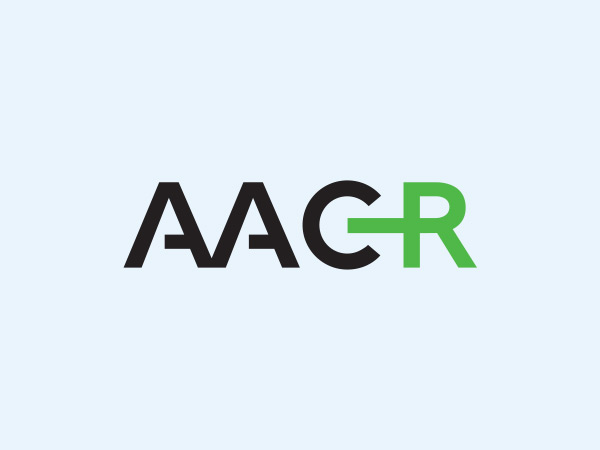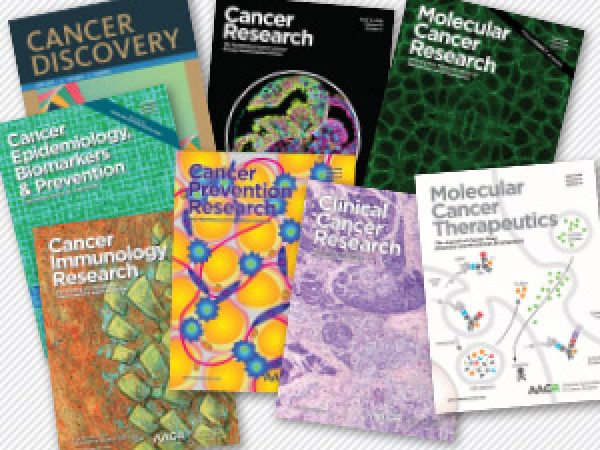AACR Virtual Annual Meeting II: FDA’s Project Renewal and Project Socrates
Guest post by Jennifer J. Gao, Patricia Keegan, Paul G. Kluetz, and Richard Pazdur
Editor’s note: The authors all represent the FDA’s Oncology Center of Excellence. Jennifer J. Gao, MD, is associate director for education; Patricia Keegan, MD, is associate director for medical policy; Paul G. Kluetz, MD, is deputy director; Richard Pazdur, MD, is director. The authors report no conflicts of interest.
Since its establishment in January 2017, the Oncology Center of Excellence (OCE), part of the U.S. Food and Drug Administration, has sought to create a unified and collaborative scientific environment to advance the development and regulation of oncology products for patients with cancer. As one means of working toward this goal, the OCE has developed several projects that draw on the skills and expertise of the oncology community. We presented updates on two of these at the AACR Virtual Annual Meeting II on June 23 during the educational session Engaging the Oncology Community to Advance Regulatory Science – FDA’s Project Renewal and Project Socrates.
Project Renewal, an effort by the OCE to improve the utility of product labeling, is a public health initiative to update safety and efficacy information in labels for older but critically important oncology drugs approved prior to 2006. The FDA product label is a publicly available source of information outlining the intended use or uses of drugs. These labels must contain a summary of essential scientific information needed for the safe and effective use of the drug, and cannot be intentionally misleading or promotional in tone. Additionally, drug manufacturers must update labels when new information is available that would cause them to be inaccurate, false, or misleading.

Currently, four drugs are under evaluation through Project Renewal: fluorouracil, cisplatin, capecitabine, and daunorubicin. Educational programs and tools have been created to help project team members assess literature quality to determine whether regulatory standards for substantial evidence for new uses are met. Meetings between FDA and team members are held during the review of each drug label to obtain feedback and address questions in real time. Care is taken to continually re-evaluate the process to enable improvement, with the goal of developing a repeatable process for identifying and evaluating publicly available, peer-reviewed scientific evidence that may support labeling updates.
Project Renewal harnesses the scientific expertise of disease-specific subject matter experts in the oncology community and hematology and oncology fellows to rigorously review accumulated evidence of “off-label” drug uses. Three of these experts, George D. Demetri, MD; R. Donald Harvey, PharmD; and Justin Malinou, MD, joined us for the Virtual Annual Meeting II session to share their perspectives on the utility of the project.
“It’s been a great opportunity and a great learning experience for me as we look at the role of updating generic labels in oncology,” said Harvey, director of the Phase I Clinical Trials Program atthe Winship Cancer Institute of Emory University. “We want to make sure that our use of these drugs is up-to-date and that what we’re doing is reflective of the best evidence out there.”
An important objective of Project Renewal is to foster educational experiences for hematology and oncology fellows by providing them opportunities to learn about OCE’s role in oncology product development. Hematology and oncology fellows participating in Project Renewal engage directly with the FDA to learn about the format and rich scientific content of FDA product labels as well as the evidentiary requirements needed to support labeling updates for safety and efficacy.
“Project Renewal is exciting to me because we don’t teach our fellows a lot about the regulatory review and approval process,” said Demetri, director of the Center for Sarcoma and Bone Oncology at the Dana-Farber Cancer Institute and chair of the AACR Science Policy and Government Affairs Committee. “I’m very proud of the AACR for jumping in so that we can actually share that experience in a more systematic way.”
Project Socrates encompasses OCE’s educational initiatives, with a goal of building an educational network bridging oncology product development and regulatory policy and science from the FDA to the public. This year, under the aegis of Project Socrates, the OCE has partnered with the AACR to establish the FDA-AACR Oncology Educational Fellowship. Launching in fall 2020, 10 to 15 fellows with an MD, MD/PhD, or PhD background will be engaging with the FDA in several virtual learning sessions. Through case-based discussions, the fellowship will cover a wide range of topics, including animal studies, early and late phase trial design, clinical pharmacology, statistics, biomarkers, and more.
Offering ongoing educational opportunities for health care providers to learn about the product label and the FDA’s role in oncology product development and regulatory review remains a key priority of the OCE. The OCE is excited to introduce another new collaboration with AACR, Project Livin’ Label. Project Livin’ Label will consist of video webinars in which FDA discusses its approach to the review of specific oncology products and where to find key information in the product label. Providers will then be able to review the associated product label and continuing medical education (CME) credit will be offered through AACR. Project Livin’ Label is expected to launch in fall 2020.


